Today I bring you a conversation with my good friend David duChemin, to talk initially about his new series of 20 video tutorials called After the Camera. As you might imagine, we go on to talk about all kinds of stuff, some incredibly profound, and some lighthearted and fun.
I really enjoy talking with David, and I think you’re going to enjoy this conversation. You can pick up After the Camera here: https://mbp.ac/ddatc
There are no notes to share this week, as David and I had no agenda, but in addition to talking about After the Camera, we talked about our photographs being subjective views of the world, rather than accurate representations, at various levels.
The changes that we make in the digital darkroom is one area, but also how the image is changed according to the focal length of the lens we shoot with. David continued on to talk about the subject of “trusting the storyteller”, and I think this is such an important aspect in how we respond to a photographer’s work.
We also talk about the need to be more concerned about the quality of images and how printing them helps us to become more intentional with our photograph and post processing. We also discuss that we need to get over the need to select images from any given shoot just because we need to validate our efforts in making those images. It’s OK to get nothing if that’s how it works out, but we will hopefully learn something from the experience that will help us to do better in future.
Towards the end of our conversation we talk about the importance of our experiences as we enjoy this wonderful act of photography, and how which camera you are using has so little to do with how good a photographer you are going to be.
Anyway, to give you a taster of what After the Camera is all about, click the below image to jump to the trailer that David has created.
And this image is linked to the free chapter that David has made available to give you a deeper feel for what After the Camera is all about. I really recommend you take a look at this, because it gives you a great feel for how you would be simply sitting with David for four and a half hours as he works on his photographs.
Hokkaido Landscape Photography Adventure
As I also mention towards the end of this episode, we have just started taking bookings for the 2017 Hokkaido Winter Landscape Photography Adventure, from January 8 to the 20th, 2017. Hokkaido, the northern-most island of Japan is a minimalist winter landscape photographer’s dream, and this will be our third year running a dedicated landscape tour. For details and to book your place visit the tour page here: https://mbp.ac/hlpa
Show Notes
After the Camera on Craft & Vision: https://mbp.ac/ddatc
You can find David here: http://davidduchemin.com/
Subscribe in iTunes for Enhanced Podcasts delivered automatically to your computer.
Download this Podcast in MP3 format (Audio Only).
Download this Podcast in Enhanced Podcast M4A format. This requires Apple iTunes or Quicktime to view/listen.

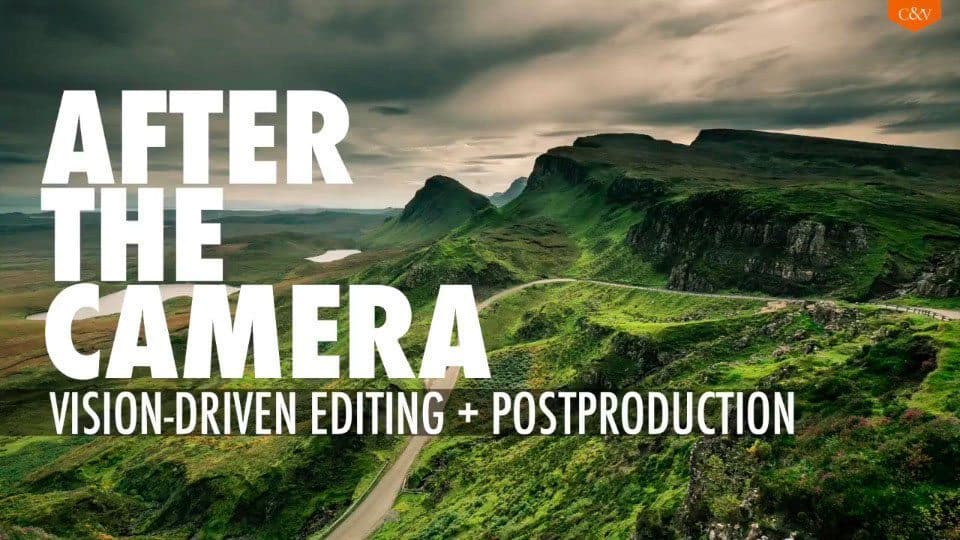

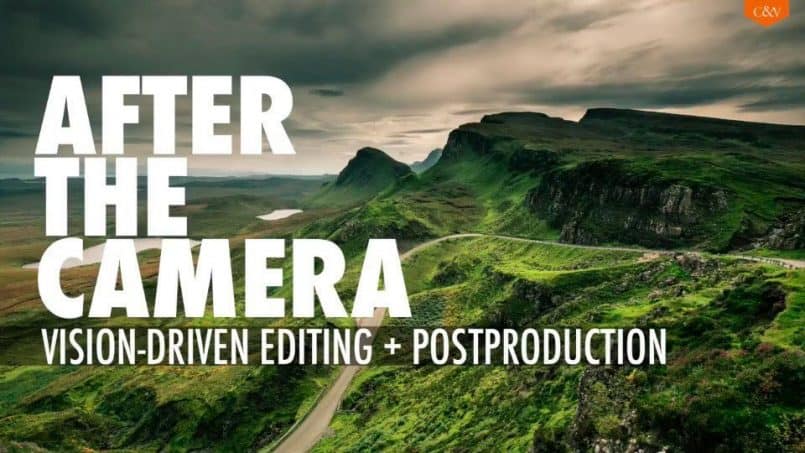
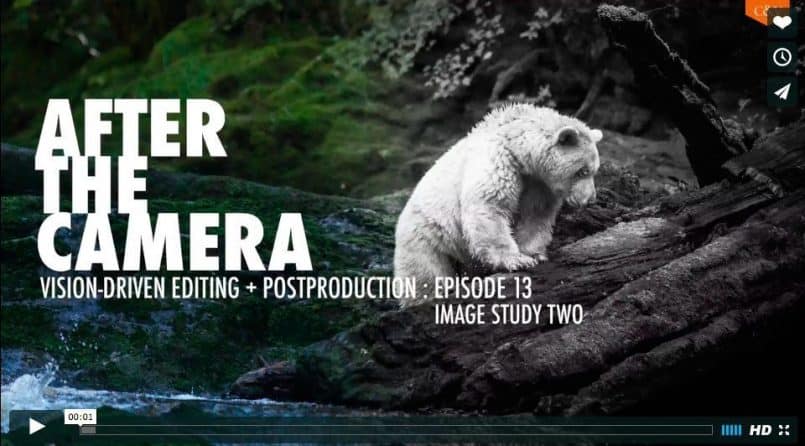
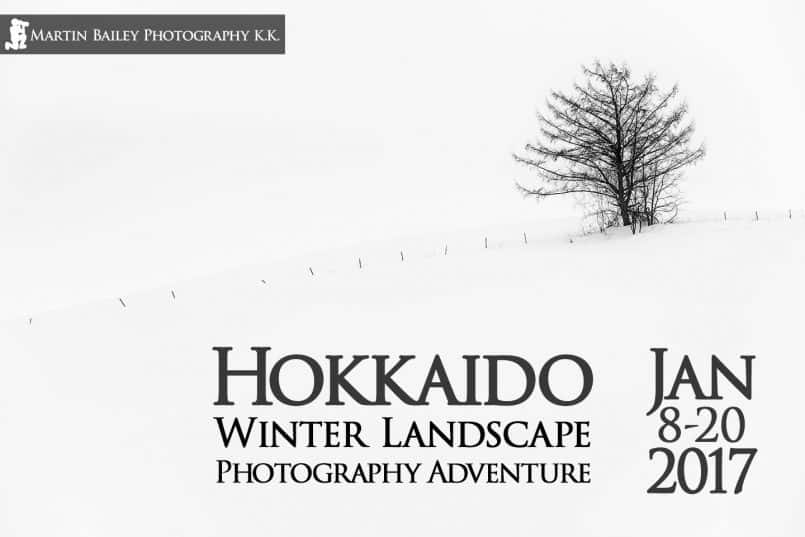
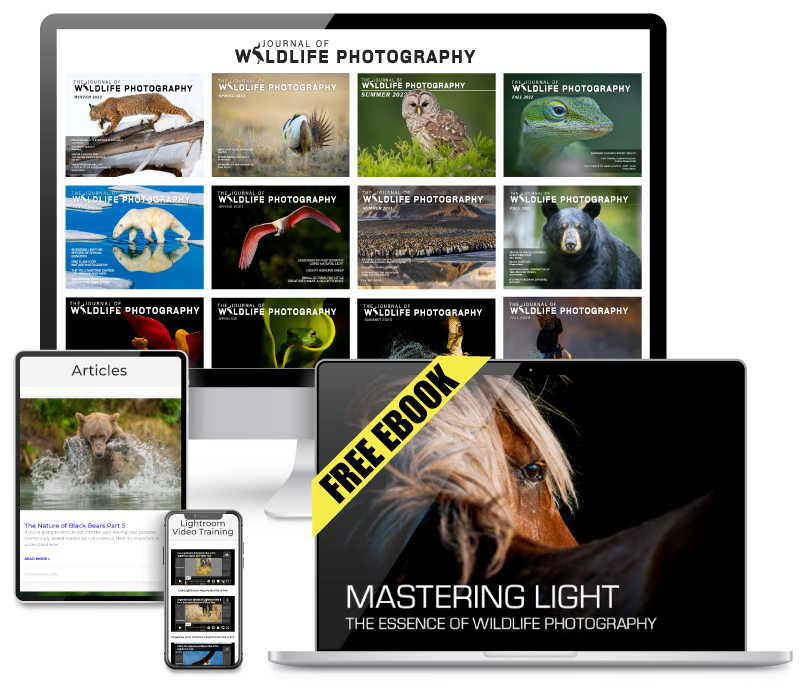
I enjoyed this conversation. I couldn’t help but chuckle about the clone tool comments. It’s the main reason I only tweak the basics and print in lightroom. The rest of my editing I do in Photoshop. Thanks to both of you 🙂
I’m pleased you enjoyed this Charlie.
Yes, the clone tool is a pain to work with for sure. I still work with it as much as possible, as I prefer not to make a copy for this level of changes, but I do have to jump to Photoshop occasionally because Lightroom just doesn’t work well enough.
I would probably do the same but I have acquired a more unusually workflow and export all my processed photos to Photoshop. Since I’m a “weekend warrior” and a landscaper I have fewer pictures to edit. So I export all my photos as a smart object and save as PS file. This keeps my most recent camera raw changes and keeps me from dealing with Lightroom catalogs…..which may be another thing I despise 🙂 Although in a few years I’ll probably hate the way I processed something and start from scratch anyway 🙂
Yes, if you already have PSD files then this isn’t a big deal. And yes, there will almost definitely come a time when you’ll have to redo that work. The 7 years or so of work that I had in PSD format, from before Lightroom, has not seen the light of day since without going back to my raw files and reworking the image.
Also, when Adobe updated the raw processing engine causing us to update our raw files, and in my opinion giving better results, it was pretty easy for me to go through and just update most of my photos because they were still in raw format.
Everyone unto their own though. If you are happy with how you work now, that’s fine. 🙂
Yeah that’s true. For me I tend to look back and wonder why I processed a picture in such a horrible way lol. I imagine Adobe Raw processing has come a long way. It will be interesting to see if a new engine could make a picture that much better.
Thanks Martin and David for a great podcast. It’s great to hear a conversation between two photographers with such passion for their craft.
Sorry for my delayed reply Shane, but thank you for taking the time to comment. I’m pleased you enjoyed our discussion.